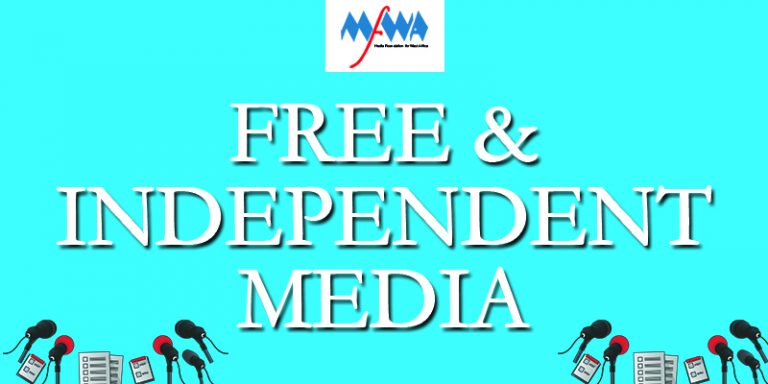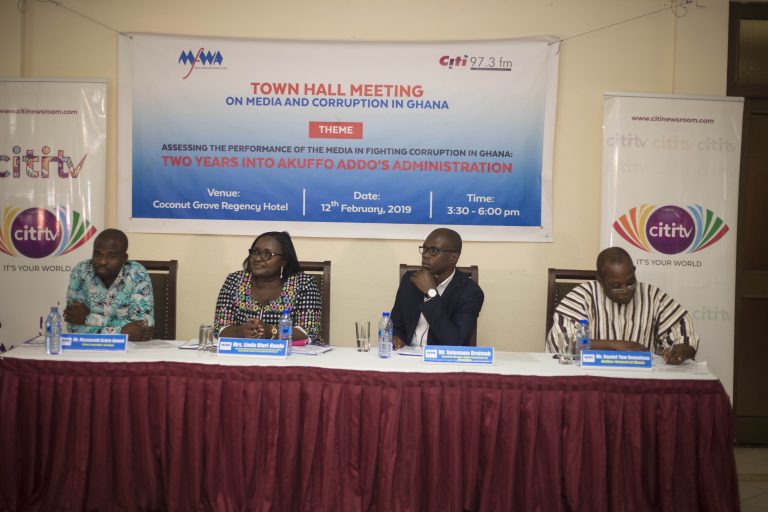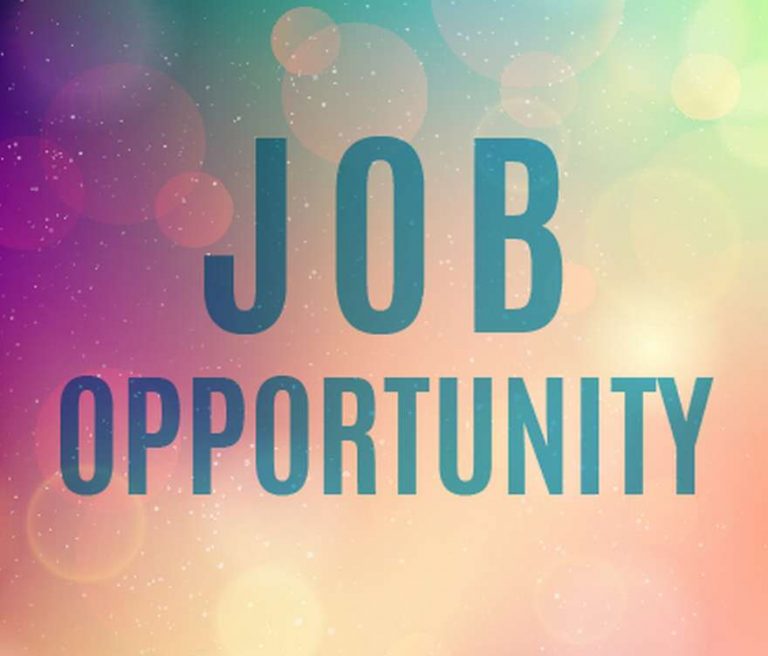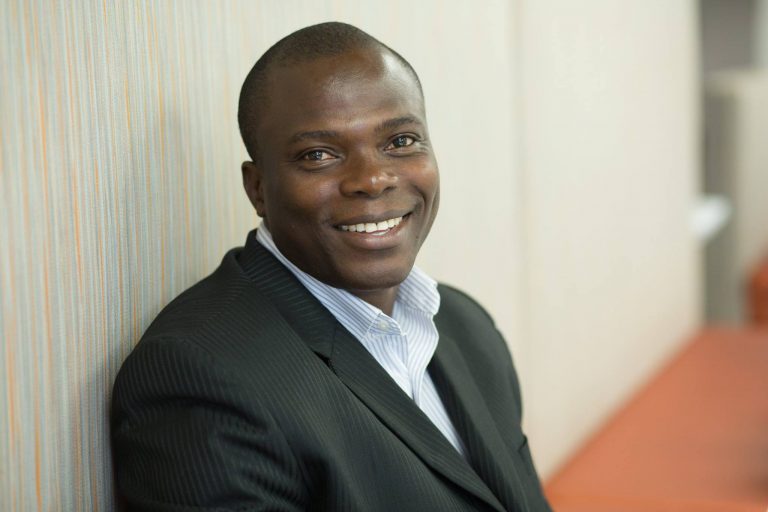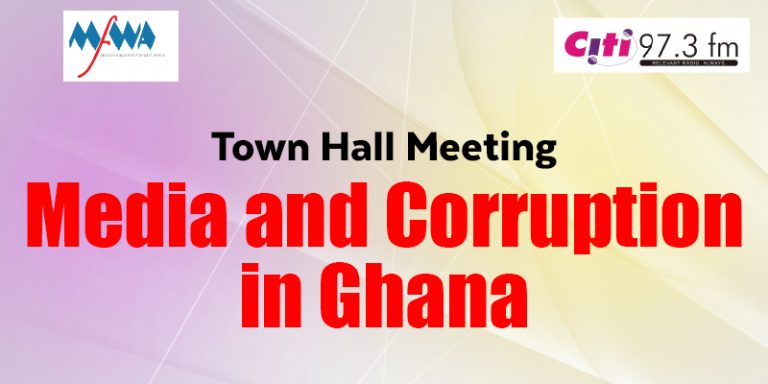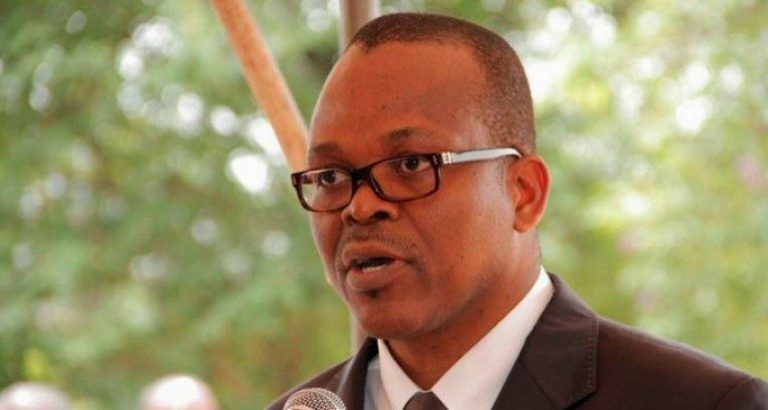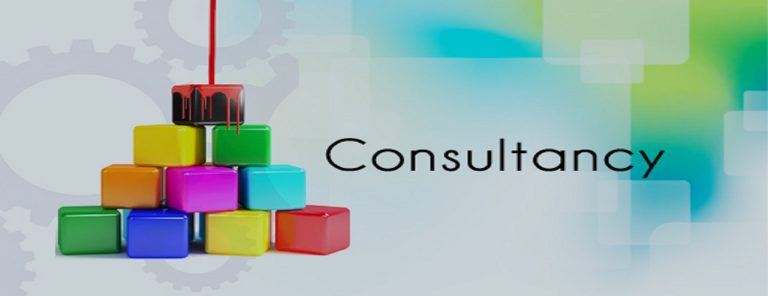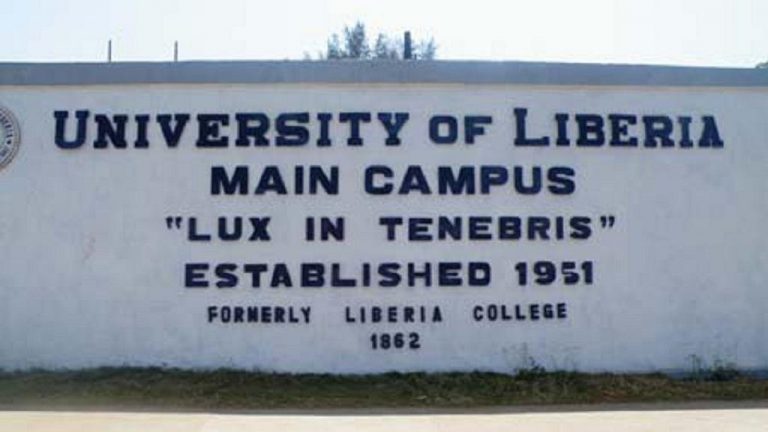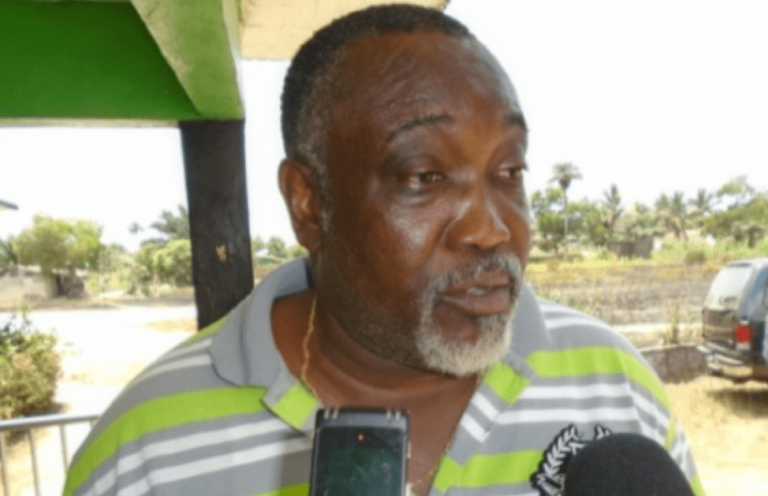The Media Foundation for West Africa (MFWA) welcomes the decriminalisation of libel in Liberia as a crucial catalyst for freedom of expression and press freedom in the country.
President Weah signed into law on February 28, 2019 a bill to amend sections 11:11, 11.12 and 11.14 of the criminal code which prescribed prison terms for a range of speech offenses. The Senate endorsed the bill on February 7, 2019 after the House of Representatives of the Liberian parliament had approved it on July 3, 2018, paving the way for President Weah’s eventual signature.
The successful abolition of prison terms for press offenses in Liberia is a culmination of a long and tortuous process. The first concrete sign of commitment to this process was shown by Ellen Johnson Sirleaf who, as outgoing President, submitted to Parliament the bill to amend the repressive laws on July 20, 2017. The outgoing parliament could, however, not pass the law before it vacated in October that year.
Consequently, in a congratulatory message to President George Weah on January 22, 2018, exactly a month after his assumption of office, the MFWA and its partner organisation in Liberia, Centre for Media Studies and Peacebuilding (CEMESP), urged him to prioritise the passage of the bill that his predecessor had put before the legislature.
As a demonstration of his commitment to the process, President Weah duly reintroduced the bill in Parliament with some amendments. As a further gesture of goodwill, he proposed ‘Kamara Abdullah Kamara Act of Press Freedom’ as the title of the bill, in honour of the late president of the Press Union of Liberia and press freedom activist.
Journalists and media houses in Liberia have suffered crippling fines, arbitrary closures or long custodial sentences for publishing information deemed defamatory. In a classic case in 2013, Rodney Sieh, the managing editor of the Frontpage Africa newspaper, was sentenced to 5,000 years in prison.
The sentence followed Sieh’s failure to pay an equally hefty fine of US$ 1.6 million in a civil suit for defamation brought by then Minister of Agriculture, Chris Toe. The journalist was later pardoned after he apologised as part of a deal to end the case.
In July 2015, Tony Lawal, a construction mogul, sued the publisher of the Nation Times, Octavin Williams for US$4 million in damages for an alleged defamatory article. The journalist was held in pre-trial detention for eight days.
On October 7, 2016, a Member of Parliament, Prince Moye, filed a US$1.5 million libel lawsuit against Philipbert Browne, the publisher of Liberia’s Hot Pepper newspaper. Browne was subsequently arrested and jailed without trial at the Monrovia Central Prison. The journalist’s ordeal followed an article he wrote which was based on an interview with an alleged rape victim.
Prince Moye, the alleged perpetrator of the rape, also sued Jah Johnson, the editor of Hot Pepper and Alfred Togbah, the publisher of The People newspaper, which first broke the rape story.
In the light of the nightmare that Liberia’s criminal libel law had become to journalists and the media, the repeal of the repressive law is a major relief. The MFWA commends President George Weah for adding one more ammunition to Liberia’s press freedom and freedom of expression arsenal. The country was one of the first to sign the Table Mountain Declaration which calls for the abolition of prison terms for speech offenses. Having already passed a right to Information Law, Liberia now has a complete set of legal tools to promote press freedom.
The MFWA urges the media to take advantage of the repeal of criminal libel to improve their their performance as a watchdog and source of information and education on critical national development issues, especially good governance and public service delivery. We also urge them to demonstrate more professionalism in order to enjoy the continued confidence of the public.


